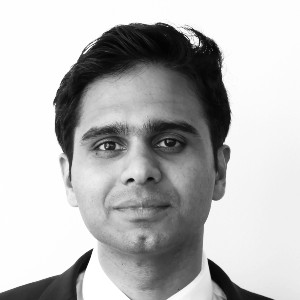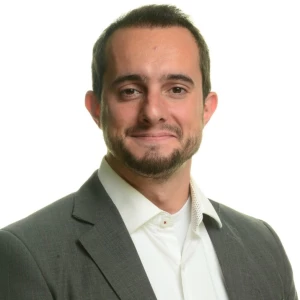Hello,
I can see from Mckinsey website and from some specific content such as Peter K. “15 advanced-level cases inspired by real McKinsey interviews” that all framework questions have the following format:
- What factors would you like to investigate ..
- What issues ..
- What information ..
This can be very different from the framework questions asked here in PrepLounge. I feel like this questions are more broad/qualitative, and that there isn't generally a specific quantitative target in mind. Is this typical or always the case for Mckinsey interviews? Is it the same for Europe?
Thanks!

















